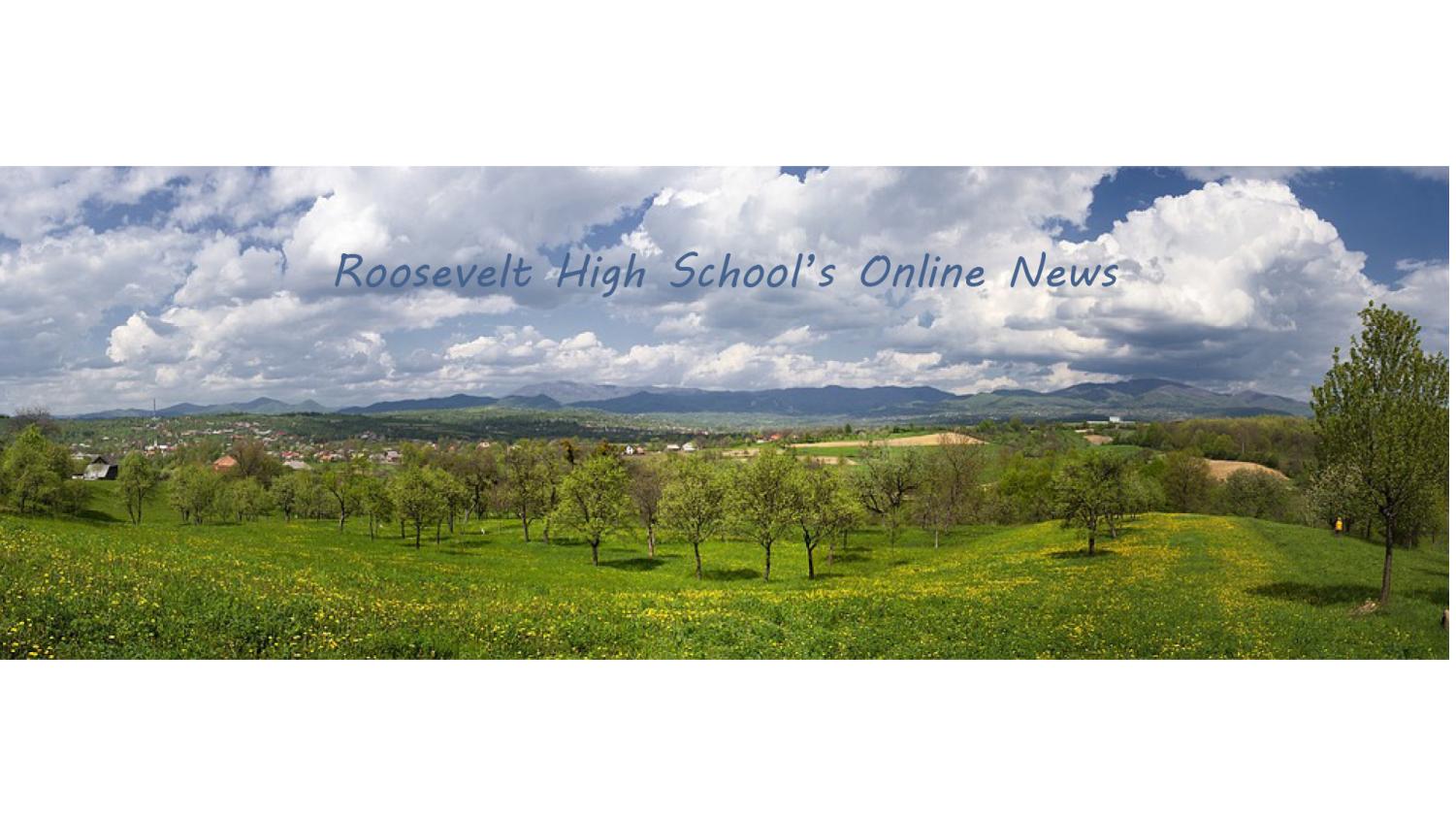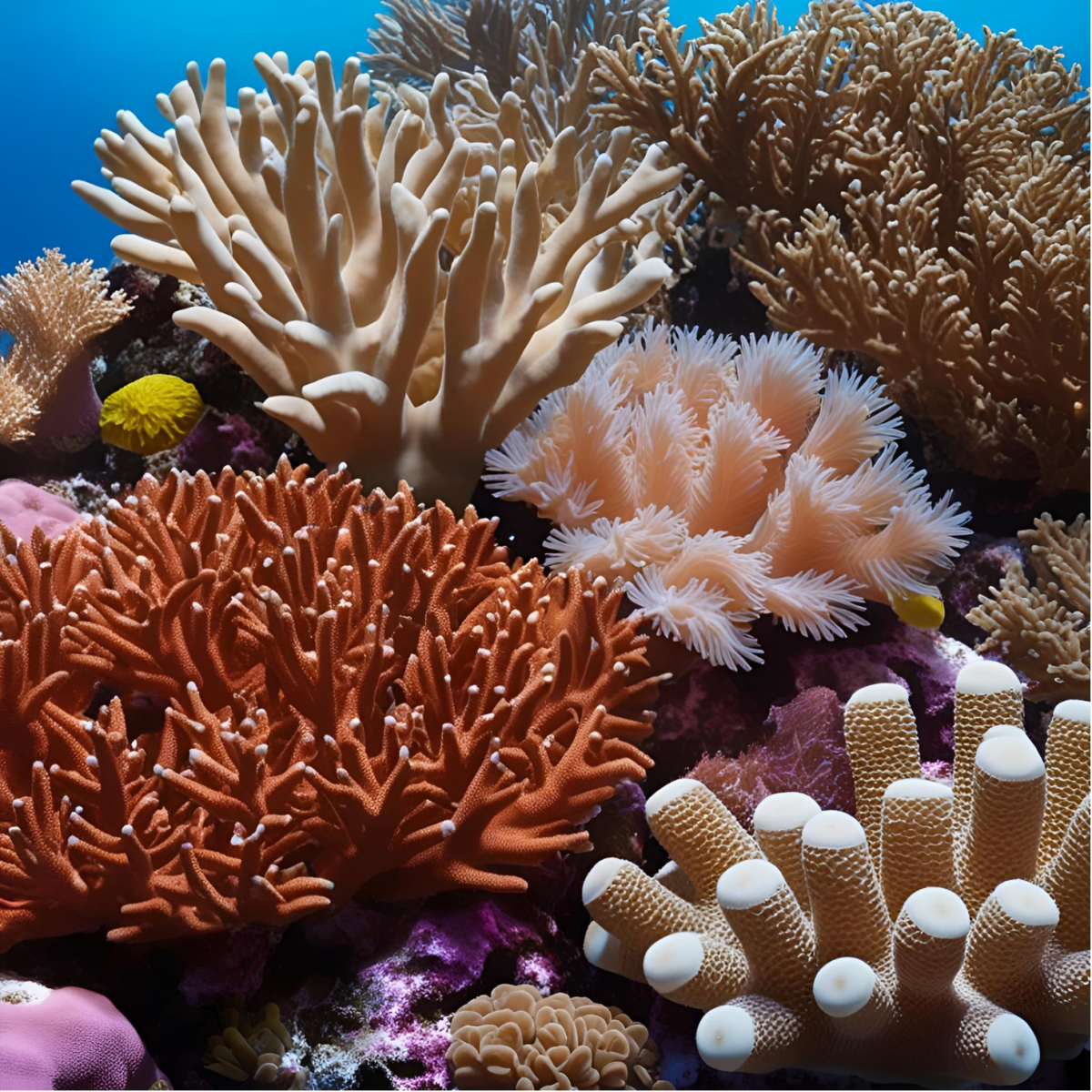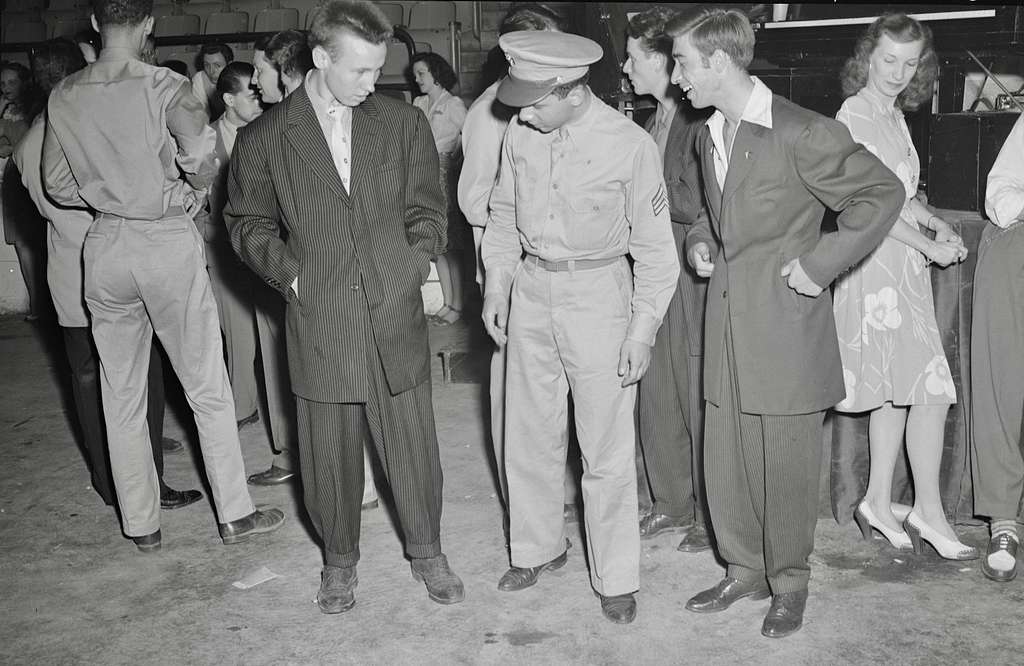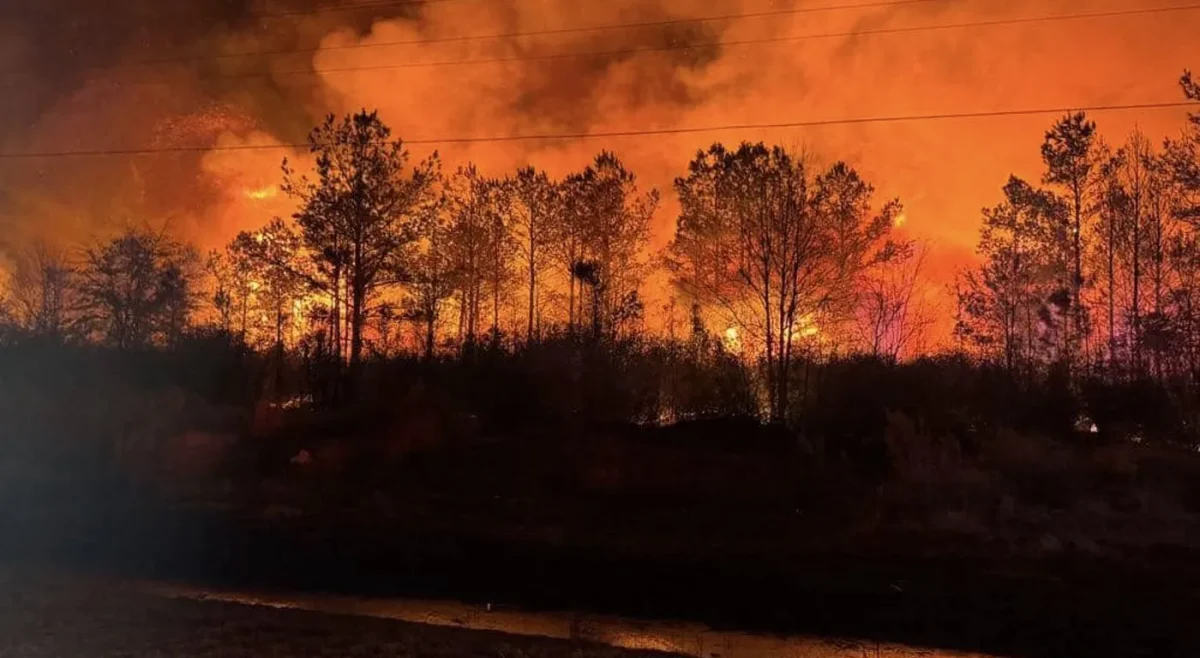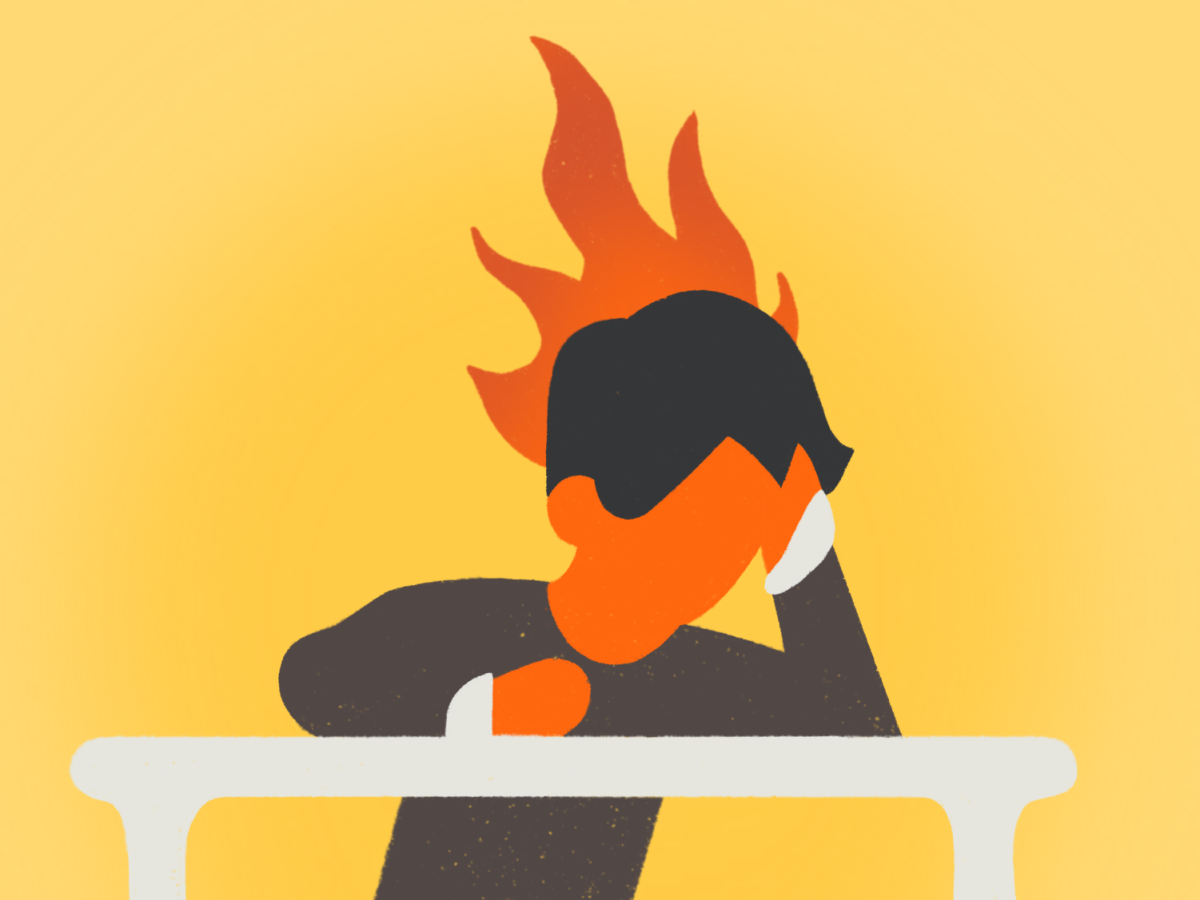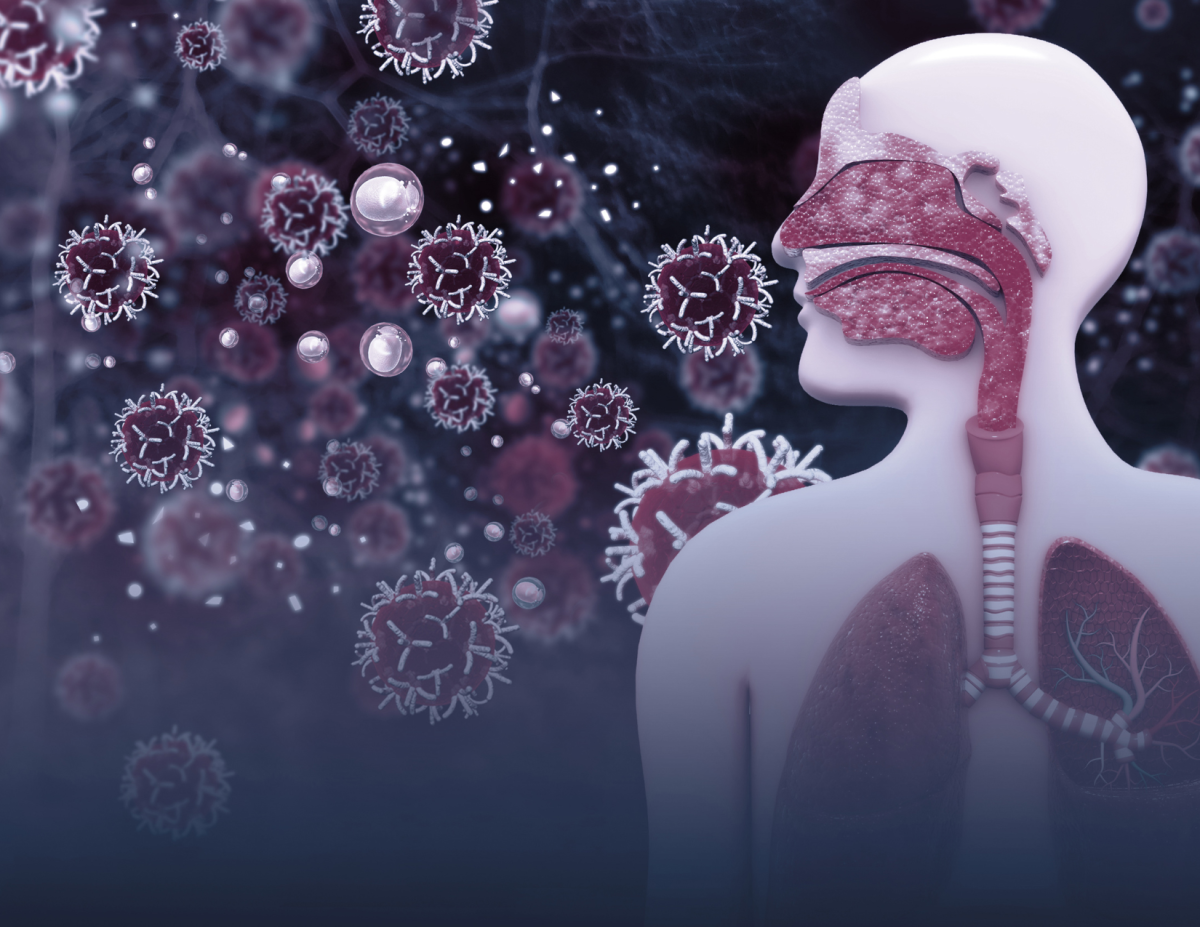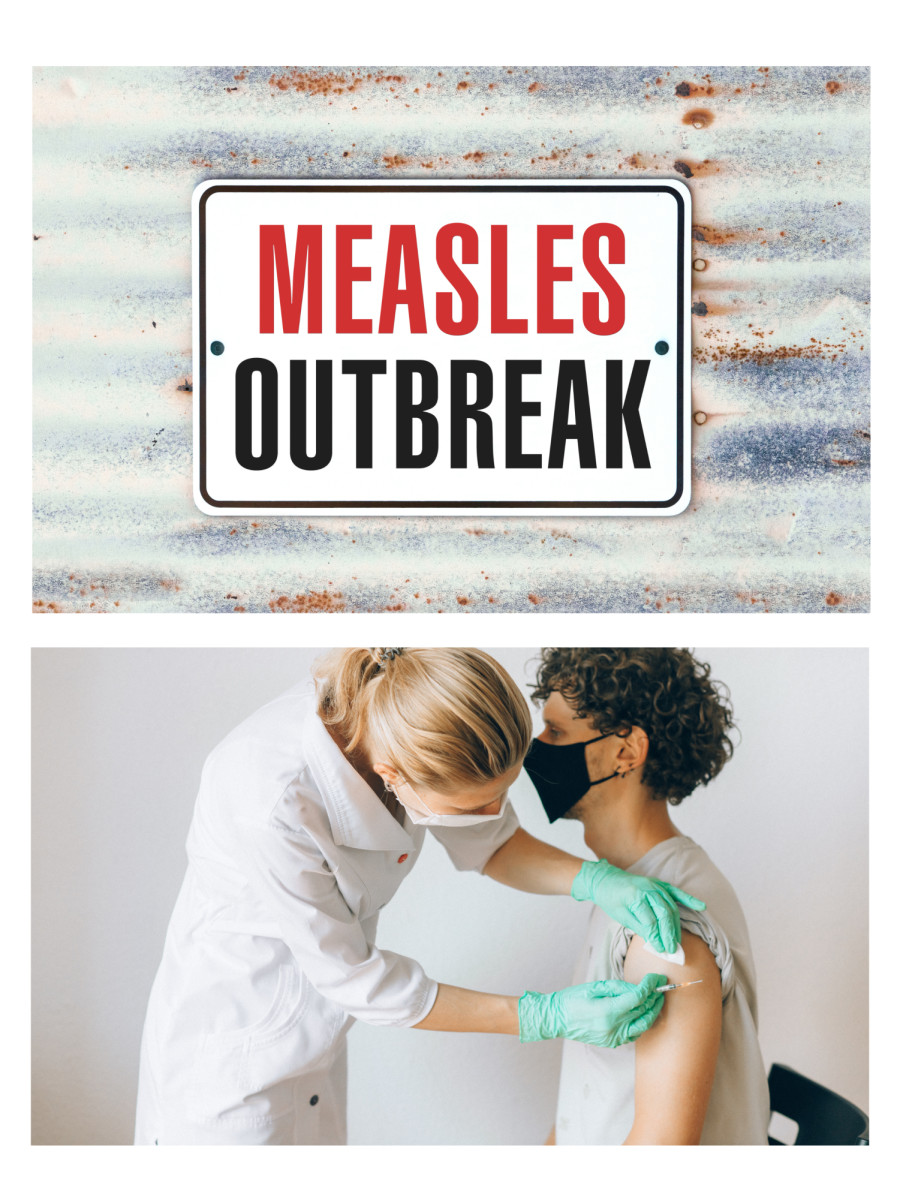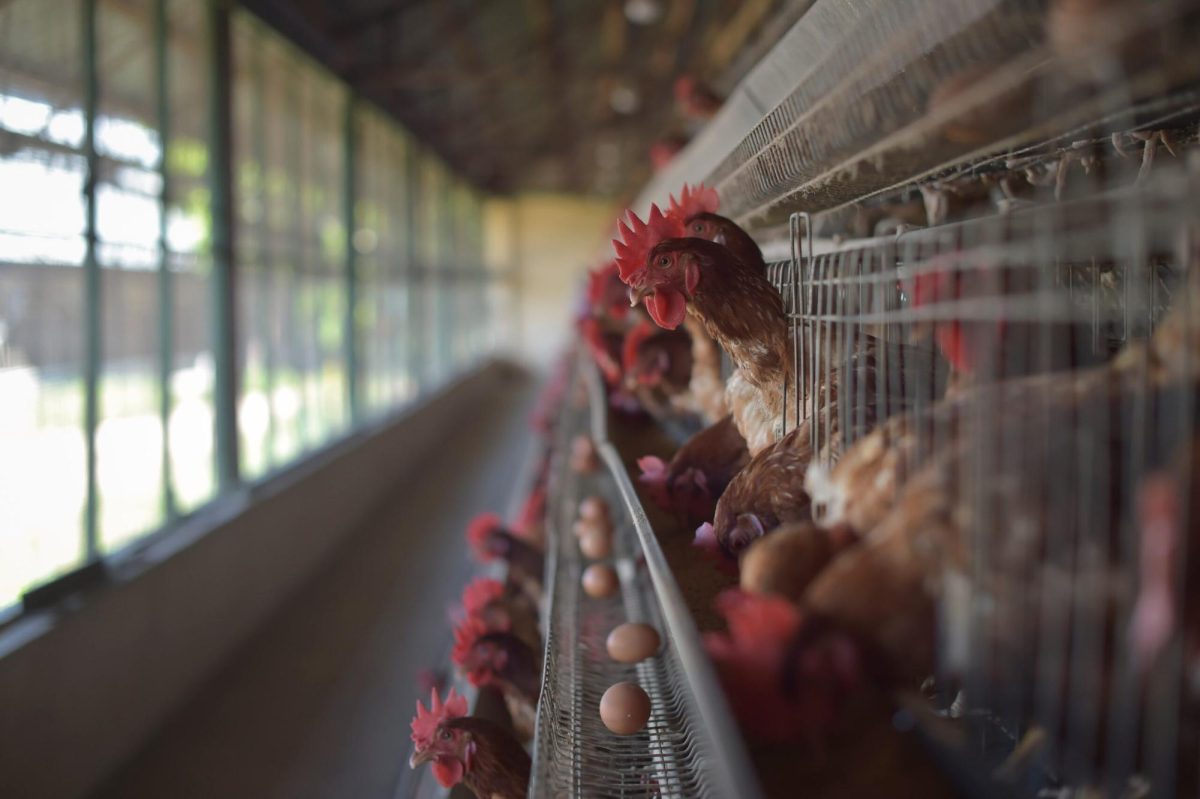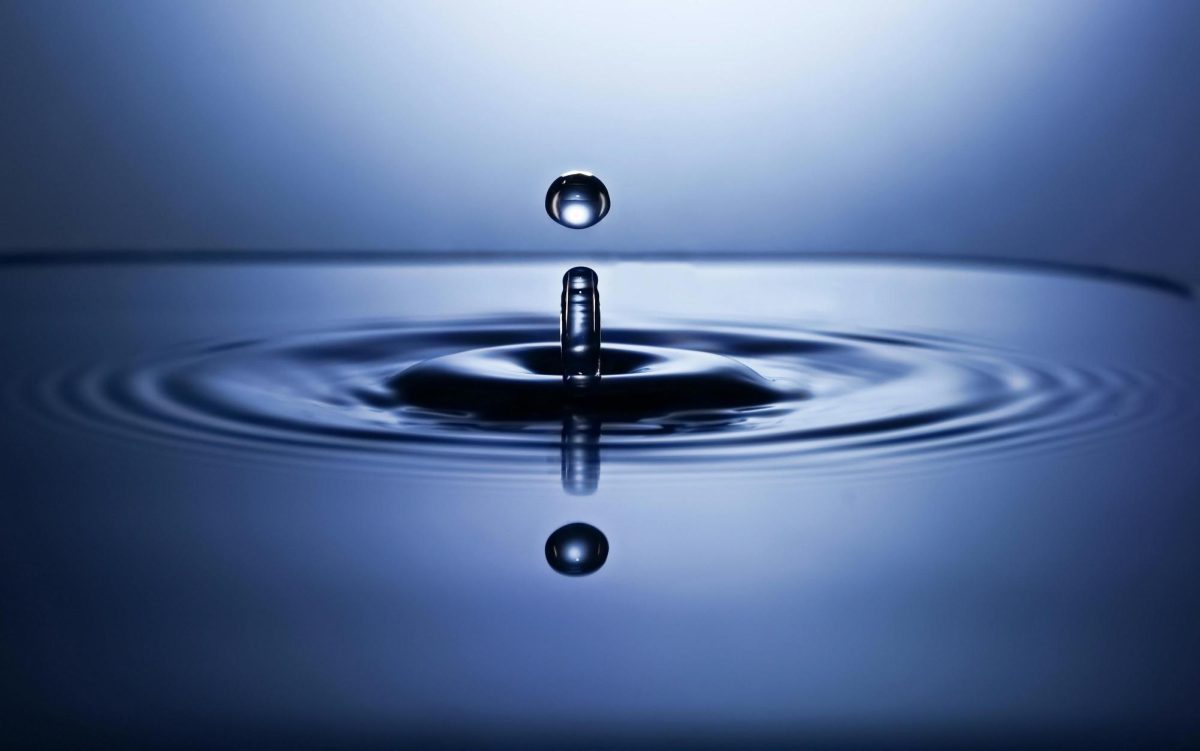With the holidays ending, it is not uncommon to feel emptiness, like something may be missing. Or anticipation, like something should be happening.
The explanation as to why you might be feeling these things can be referred to by many names, but the most common are post-holiday blues or post-holiday depression. However, this condition is not a clinical diagnosis or a confirmed mental illness, but instead, a term or title that can be used to refer to those whose mood and energy drops after all of the holiday excitement. Emotions associated with this feeling can be described as loneliness, sudden depression, boredom, stress, or maybe even anxiety.
What are the side effects and emotions?
The reasons for these emotions vary per person; there is a central relation, but not every reason is the same. Loneliness, for example, can occur during the holidays and after. The holidays can be tough for people without a significant other, who live far away from family, or maybe don’t have family. And after the holidays, with all of the social interactions, and being around family, for those who were, the sudden change can have a person longing for interactions and company. Instead of loneliness, others may be pressured and stressed, perhaps due to intense planning, potential weather issues, traveling, being on time, or the constant overstimulation of moods and emotions.
Each person has challenges during the holidays that spark various emotions and reactions differentiating per person. When you frequently interact with many people, stress levels tend to rise which can go unnoticed and be blocked out by the constant distractions in one’s social life. Spending too much time obsessing over finding the right gift, or worrying about spending too much or too little money can worry people with all types of income. You can tend to pressure yourself with the thought of maintaining “the holiday spirit”, and avoid moments when you may need to take a minute. The holidays can also turn up uncomfortable feelings around loneliness and the loss of people. Excess eating and alcohol use can be a result of unhealthy coping mechanisms, which makes holiday depression more pronounced.
Following the holidays, school is back in session with more and more people returning to their jobs. Having your holiday vacation suddenly end can make some feel weird and maybe even unnatural when transitioning back to a routine. Reflecting on the parties, travel, shopping, and social stimulation, it is natural to feel let down and depressed, an unwanted feeling of “back to reality” when you are required to return to work or school. Returning to the ‘norm’ often leads to low motivation and carelessness. For example, some see school and schoolwork as irrelevant, and they long for a holiday break again where they are free to be out of school and do anything.
What symptoms do I look for?
It can be easy to become aware that you or someone you know has the holiday blues, but not always. One thing to look for in yourself and others is changes in appetite, such as consumption increasing or decreasing, and what the change is in their diet. Something simple as changes in your mood like feeling lonely, sad, or even grumpy can be a clear sign. Motivation is low when getting back into work, school, or your schedule, and sleep patterns differentiate. You may feel empty and exhausted from adding too many responsibilities before, during, and after the holiday season.
You can often notice Christmas lights hanging up months before and even after Christmas comes and goes. Some people put their Christmas lights up sooner, in some instances even weeks in advance, and it takes longer for them to take them back down. They miss the holidays and want to hold onto the feeling that it is still Christmas. Keeping up decorations can be a clear sign that you want to savor the memories of this year’s holiday even after it has long passed.
What else does it affect?
Although not a diagnosed sickness or condition, post-holiday depression is real and should be taken more seriously. In an article by CNN, the “broken-promise effect theory” is a theory that suggests that people may postpone suicide attempts until after the holidays, they then become more prone to suicidal thoughts and actions when they encounter a sense of hopelessness and emptiness after the holidays. This effect has been studied, and results have shown that there is a significant number of postponed suicide deaths from before a holiday until after. Statistics collected from the World Health Organization reveal that over the past 10 years, there has been a 13% increase in reported mental health disorders. When it comes to mental health disorders and how they relate to the holiday season, however, “They reported a decrease in the number of visits to the psychiatric emergency service during the days and weeks before Christmas, with a corresponding increase of roughly the same magnitude following Christmas” (Hillard JR). The number of recorded visits to the psychiatric clinic decreased leading up to Christmas, but when the holiday was over, the visits increased back to where they were.
What can I do to help?
Research has found that mental health problems tend to increase after the holiday season. Feeling let down, exhausted, or even sad after the holidays is normal, and it’s important to pay attention to and track how long these emotions last. During the post-holiday timeframe, you should create a supportive routine focusing on self-care and improving your feelings. You can do your part by checking on friends and family and caring for yourself.
With all the holiday buzz, some still feel a ‘high of generosity.’ A good way and opportunity to improve your post-holiday blues can be through volunteering your free time. Volunteering after the holidays is always busy and full of people who are feeling extra generous, or looking for a sense of fulfillment. Volunteering at a shelter, charity event, food pantries, churches, schools, wildlife conservation, recycling, or even taking time to donate will make a difference to the community. If volunteering isn’t for you, involvement in your community is another way to help others while improving your mood. When you volunteer, you have the opportunity to help yourself and provide and aid those who need help.
Planning future trips and getaways gives you something to look forward to and plan. This not only can ‘heighten’ your excitement for something, but it also distracts you during these stressful times.
Post-holiday depression is not a case to take lightly, and spreading awareness is the best way to change public perception while finding help for those who need it. Post-holiday depression can be a long-term condition and even cause some of the more lasting mental illnesses like depression or anxiety. You can help others and yourself by dedicating time to other people, checking on them, and showing that you care.
Sources:
https://americanbehavioralclinics.com/dealing-with-the-post-holiday-blues/
https://www.verywellmind.com/what-are-the-post-holiday-blues-5214403
https://www.verywellmind.com/holiday-blues-4771716
https://pubmed.ncbi.nlm.nih.gov/10531639/
https://pmc.ncbi.nlm.nih.gov/articles/PMC3257984/
https://www.healthcentral.com/condition/depression/beat-holiday-depression

